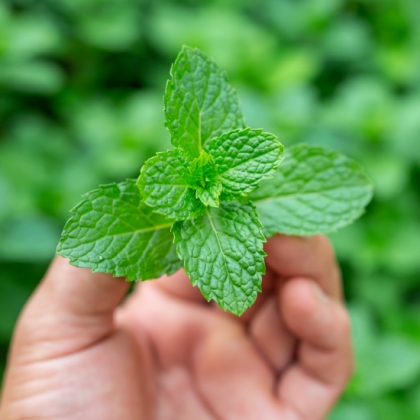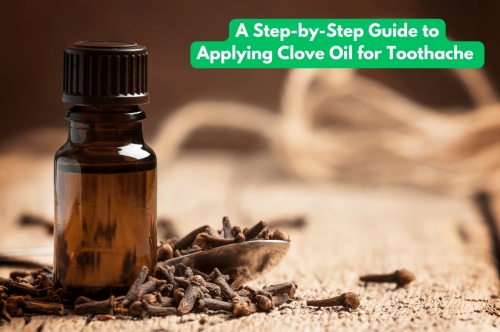Tips to Choose the Right Essential Oil Suppliers

Top 24 Tips for Choosing the Right Essential Oil Suppliers
Understand the Terminology:
Avoid suppliers using vague terms like “fragrance oil,” “nature identical oil,” or “perfume oil,” as these are not pure essential oils.
Avoid Misleading Grades:
Be cautious of labels like “therapeutic grade” or “aromatherapy grade” as there is no official certification.
Check for Transparency:
Reputable suppliers provide essential details:
- Botanical name (Latin name).
- Country of origin.
- Extraction method (steam-distilled, CO2 extraction, absolutes).
Packaging Standards:
- Quality oils are sold in dark glass bottles to prevent oxidation.
- Avoid oils stored in clear glass or plastic bottles for long periods.
Beware of Pricing Red Flags:
- Essential oils like Neroli, Jasmine, or Rose should cost significantly more than common oils like Sweet Orange.
- Suspiciously cheap oils could indicate dilution or low quality.
Investigate the Supplier's Expertise:
- Research their knowledge, experience, and background in essential oils.
- Check reviews, certifications, and years in business.
Ask Questions:
Contact suppliers to assess their customer service and knowledge. Reputable vendors should provide prompt, informative responses.
Check for Consistency:
Vendors selling all essential oils at the same price might be a fraud. Pricing should vary depending on the oil’s rarity and sourcing.
Examine Shipping Standards:
- Larger quantities may come in aluminum or plastic; confirm short-term storage and transfer to dark glass upon arrival.
Avoid Rubber Droppers:
Rubber can deteriorate and contaminate oils over time. Choose suppliers that use euro droppers or orifice reducers.
Evaluate Testing and Purity Claims:
- Look for GC/MS testing reports for quality assurance.
- Be skeptical of vague “pure essential oil” claims without evidence.
Research Shelf Life and Oxidation:
- Avoid buying oils from vendors with dusty bottles or aged inventory.
Caution with Big Box Stores:
Mass retailers may stock adulterated or low-quality oils. Always research brands before purchase.
Avoid Over Reliance on MLM Vendors:
While MLM companies can provide good oils, validate claims independently.
Educate Yourself on FDA Guidelines:
Know the legal limitations for marketing essential oils in aromatherapy or medicinal contexts.
Organic Certification:
Organic essential oils often have higher purity and fewer contaminants.
Ask for Samples:
Start with a small order and request samples of oils to test the quality firsthand.
Examine Storage Practices:
Vendors should store oils in a cool, dark environment. Improper storage damages oil quality.
Check Vendor Reputation:
Look for industry recognition, certifications, and client testimonials.
Avoid Generic Product Lines:
Companies primarily supplying food-grade or perfumery oils may not focus on therapeutic quality.
Beware of Misleading Ecommerce Listings:
- Many essential oils on ecommerce websites are adulterated or of low quality.
- Buy directly from reputable suppliers.
Evaluate Shipping Practices:
Confirm that oils are carefully packed and shipped to avoid breakage or quality degradation.
Stay Price-Savvy:
Cheap oils might save money but compromise quality. Balance cost and quality.
Compare Suppliers:
Research and compare multiple vendors to identify reliable suppliers offering superior quality and transparency.
Conclusion:
Recap the importance of selecting the right essential oil supplier to ensure purity, quality, and value. Highlight Norex Flavours as a trusted supplier offering premium-grade essential oils, absolutes, and CO2 extracts, backed by decades of industry expertise.









